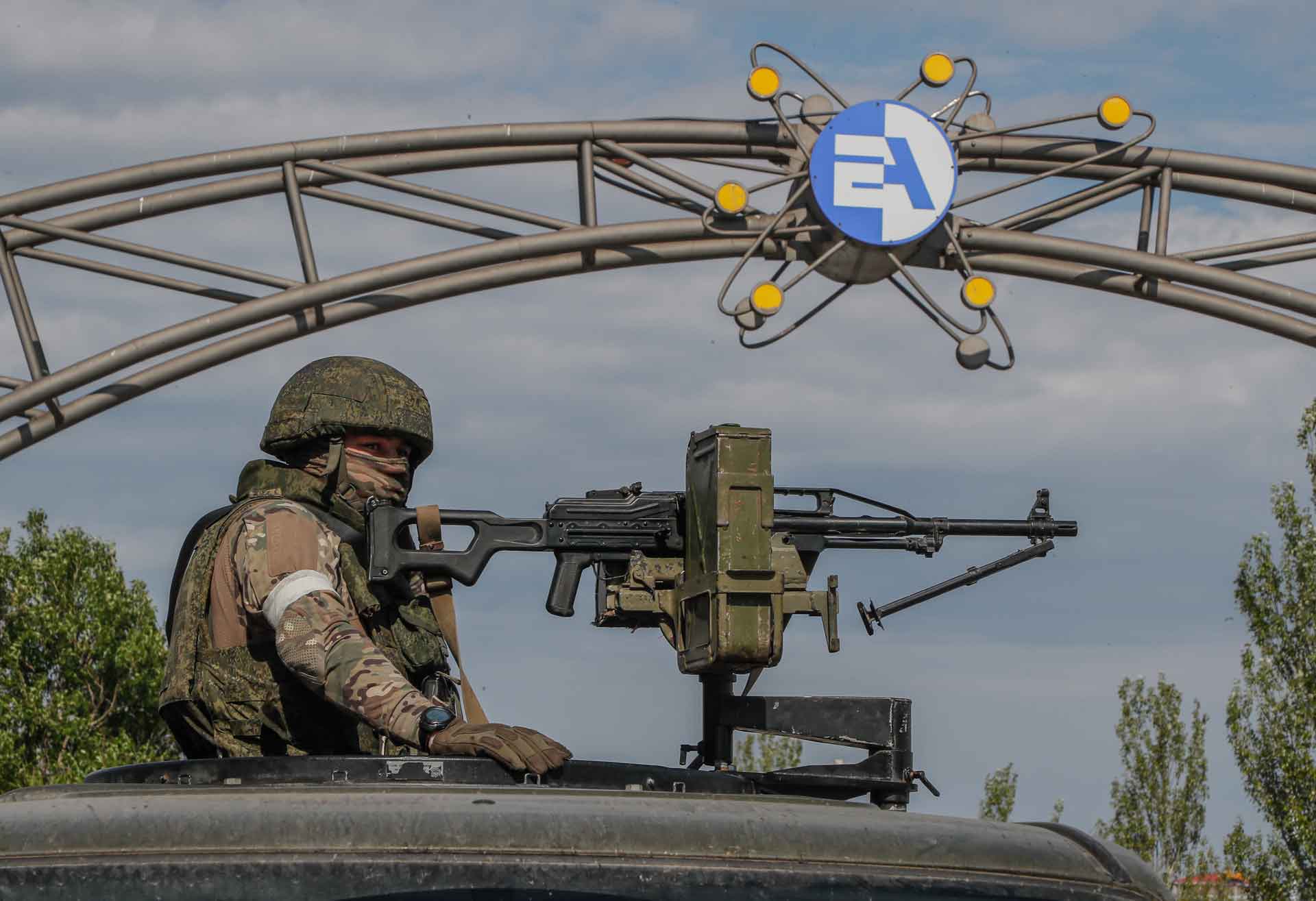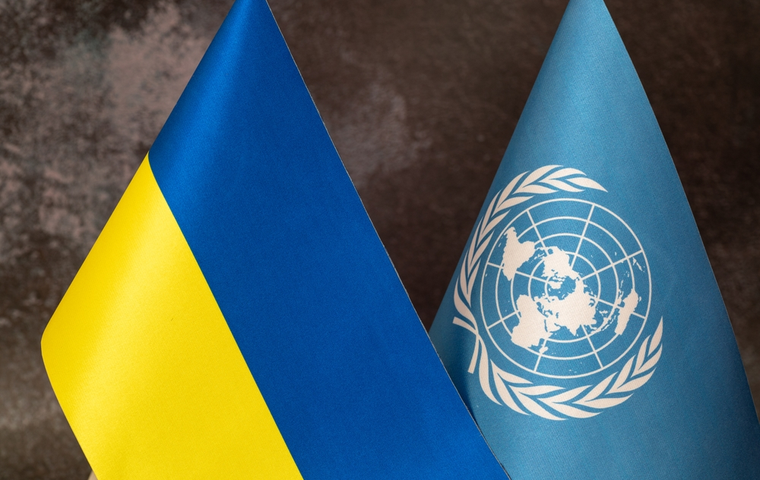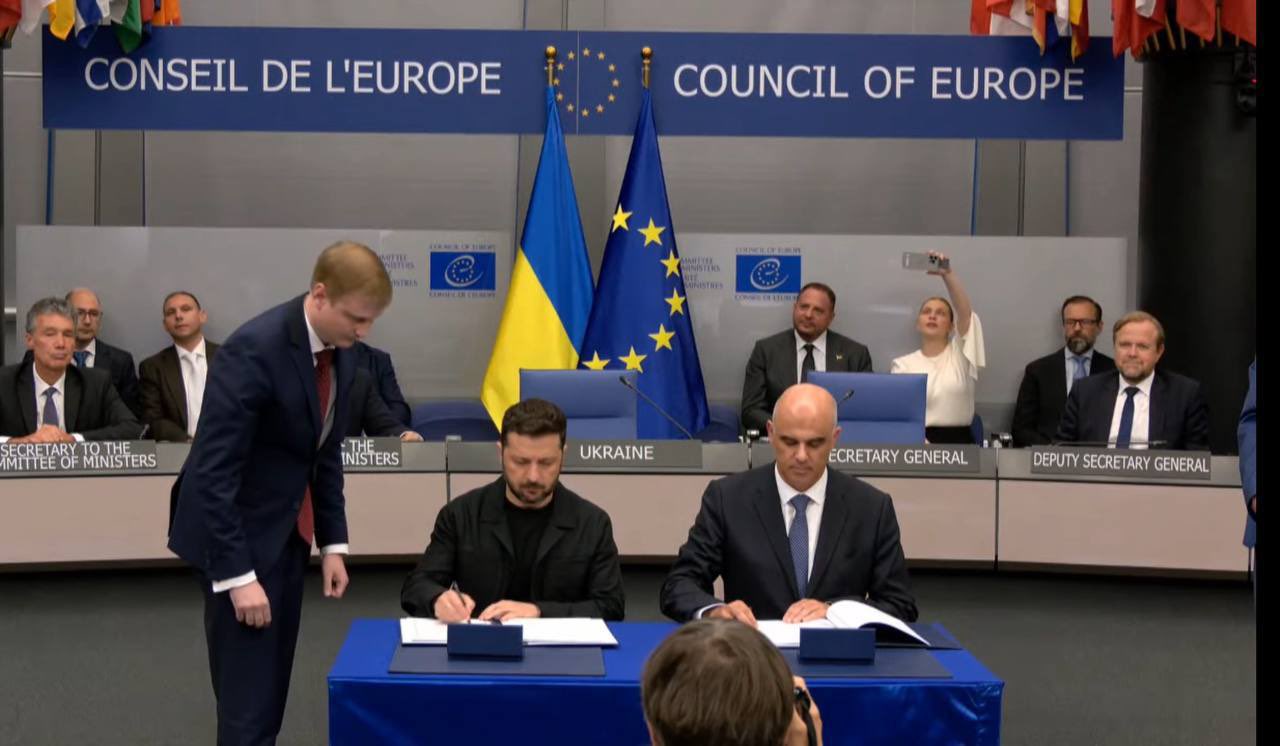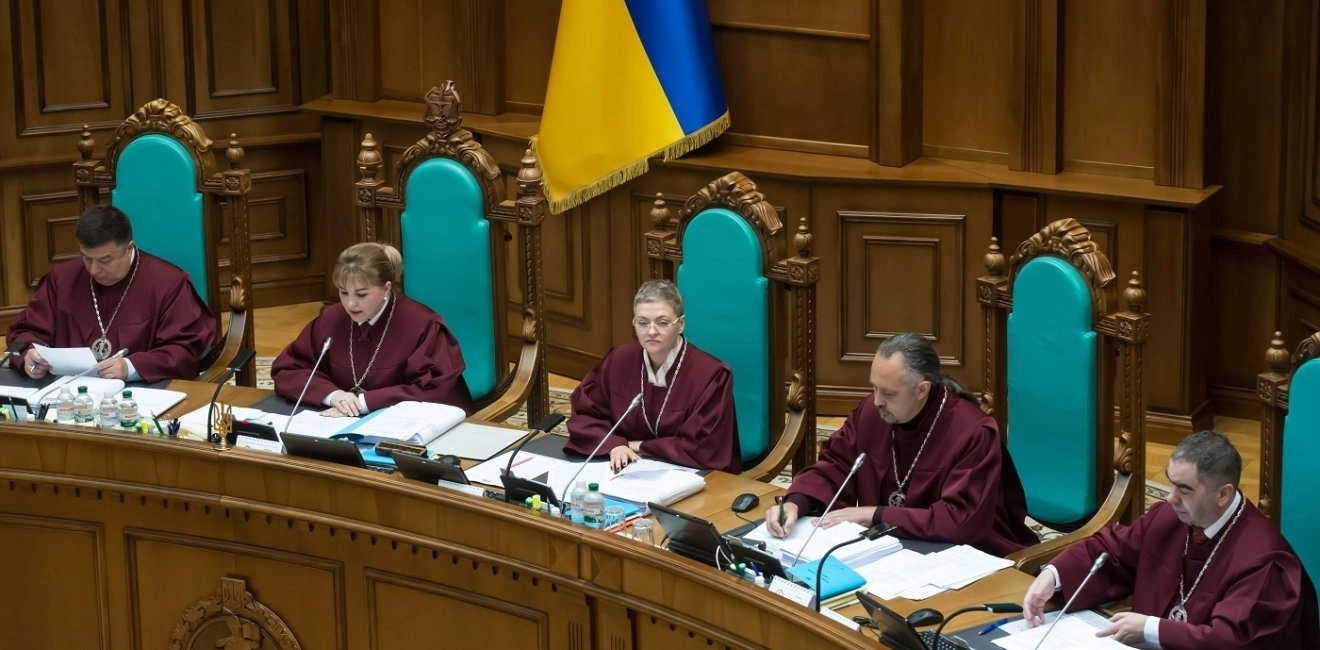PILPG Journal of Frontline Scholarship is guided by the belief that meaningful progress in peace and justice is driven by collaboration across generations, disciplines, and experiences. The mission of the publication is to elevate practitioner-informed, academically grounded, and forward-looking analysis that can shape real-world outcomes in conflict resolution, accountability, and international law. We aim to bridge the gap between theory and practice, while mentoring the next generation of peacebuilders and legal experts through intentional co-authorship. By centering voices from the field and providing space for emerging professionals, the publication promotes a more inclusive and dynamic vision of global legal scholarship. Upholding high standards of intellectual contribution through peer review and editorial oversight, PILPG Journal of Frontline Scholarship is committed to producing work that is both rigorous and relevant. As part of our mission to democratize knowledge, all publications are freely accessible and can be found on this page.
Submissions are by invitation only. We do not accept unsolicited articles.
Insights from PILPG Journal of Frontline Scholarship
Breaking the Cycle: The Importance of Accountability for Russian War Crimes
By: Oleksandra Matviichuk, Dr. Paul R. Williams & Paula C. Kates

This article analyzes the comprehensive accountability framework emerging in response to Russia's war of aggression and argues that confronting this longstanding pattern of atrocity crimes is essential to breaking the cycle of impunity.
Beyond Infrastructure: Humanitarian Dimensions of Nuclear Security in Ukraine
By: Dr. Dmytro Koval, Dr. Paul R. Williams & Rachel Bamberger

This article analyzes how Russia's takeover of the Zaporizhzhia nuclear plant transformed the humanitarian and security landscape in occupied Ukraine and argues that human security is an essential element of nuclear security.
Ukraine's Territorial Integrity Under Pressure of War and Diplomacy: Whither International Law?
By: Elayne Whyte Gomez, Dr. Kushtrim Istrefi & Sindija Beta

This article examines the legal and diplomatic challenges to Ukraine's territorial integrity in the face of Russian invasion. Through doctrinal analysis of international law, it argues that Ukraine's case represents an essential test for the post-1945 international legal order.
Toward Justice for Ukraine: Designing a Tribunal for the Crime of Aggression
By: Dr. Paul R. Williams & Sindija Beta

Russia's war of aggression against Ukraine created a justice gap for the crime of aggression. This article explains why the Council of Europe model offers the most viable path for a Special Tribunal.
Delivering Justice for Russia's Brutal War of Aggression: Lessons in Lawfare
By: Ambassador Beth Van Schaack

This article surveys the wide range of justice initiatives mobilized in response to Russia's invasion and illustrates how international law functions as a strategic tool of resistance.
The United States–Ukraine Reconstruction Investment Fund as a New Paradigm in Post Conflict Reconstruction Finance
By: Henry T. Scott & Dr. Paul R. Williams

This article analyzes the 2025 United States–Ukraine Reconstruction Investment Fund Agreement and its innovative equity driven model for post conflict reconstruction.
Resilient Justice: Ukraine's Judicial Reform Amid War on the Path to EU Accession
By: Tetyana Antsupova, Dr. Paul R. Williams & Anjali Narayanan

This article analyzes Ukraine's ongoing judicial reform in the context of Russia's war of aggression and Ukraine's pursuit of European Union membership. Since the 2014 Revolution of Dignity, the judiciary has become a central pillar of Ukraine's democratic transformation, facing entrenched corruption, post-Soviet legacies, and fluctuating political will. The 2022 Russian invasion accelerated reform efforts, reinforcing the judiciary's dual role in maintaining domestic justice and prosecuting war crimes. This article highlights the resilience of legal institutions and professionals working under extreme conditions and examines how EU accession requirements have shaped Ukraine's legal agenda.
Breaking the Cycle: The Importance of Accountability for Russian War Crimes
Read PublicationPILPG Journal of Frontline Scholarship is published by the Public International Law and Policy Group (PILPG), Arlington, Virginia, United States

